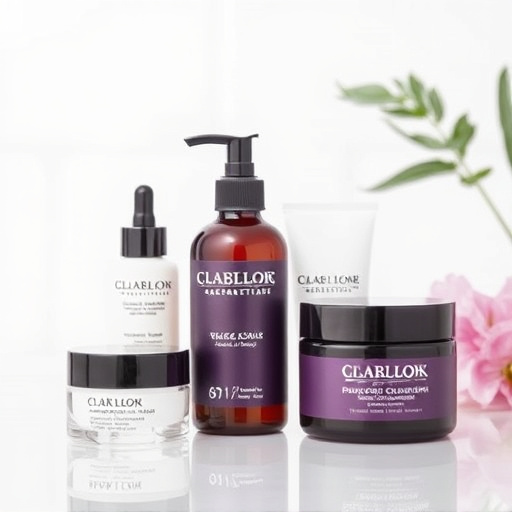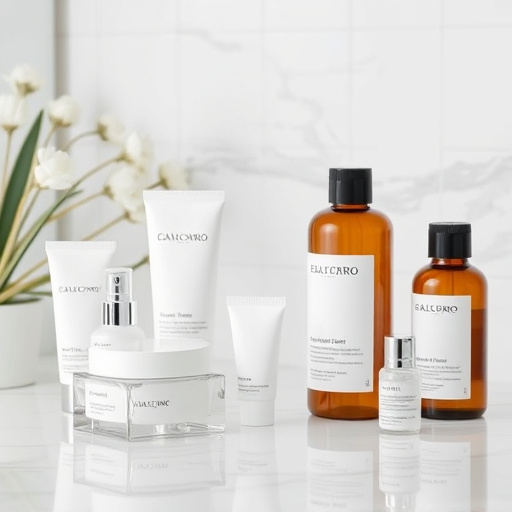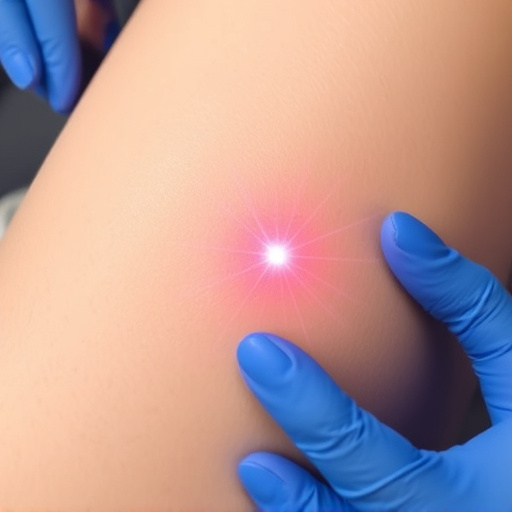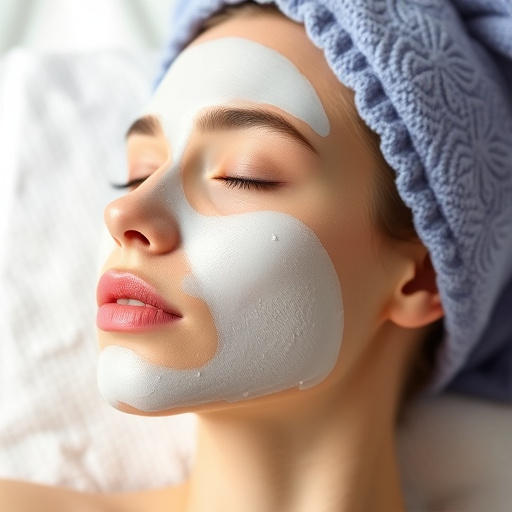Dermatitis, a broad term for various skin conditions, includes types like eczema, contact dermatitis, and nummular dermatitis, each with distinct triggers and manifestations. Effective dermatitis treatment varies by type, focusing on soothing ingredients, moisture retention, and trigger management through professional skincare and tailored facial treatments. Non-surgical methods like topical creams, light therapy, and personalized skincare routines emphasize gentle cleansers, moisturizers, and irritant avoidance. Advanced dermatological procedures offer innovative solutions for severe cases. Developing a consistent tailored skincare routine with calming ingredients is key to managing dermatitis, strengthening the skin's natural barrier, and improving overall skin health.
Dermatitis, an inflammatory skin condition, can cause uncomfortable flare-ups. But with proper care, these episodes can be minimized and managed effectively. This article explores various aspects of dermatitis treatment, from understanding its causes and types to uncovering effective treatment options and creating a comprehensive skin care routine. Discover how proactive measures can significantly improve your skin’s health and reduce the impact of dermatitis.
- Understanding Dermatitis: Causes and Types
- Exploring Effective Dermatitis Treatment Options
- Developing a Comprehensive Skin Care Routine for Management
Understanding Dermatitis: Causes and Types

Dermatitis is a broad term encompassing various skin conditions characterized by redness, itching, and inflammation. It’s essential to understand that dermatitis isn’t just one disease but a group of over 20 different types, each with its own triggers and manifestations. The most common forms include atopic dermatitis (eczema), contact dermatitis, seborrheic dermatitis, and nummular dermatitis.
Atopic dermatitis, for instance, is often genetic and linked to allergies, while contact dermatitis results from direct interaction with irritants or allergens. Seborrheic dermatitis typically affects the scalp and face, causing greasy patches and flaking. Recognizing these differences is crucial because effective dermatitis treatment varies by type. Professional skincare and tailored facial treatments can offer significant relief, focusing on soothing ingredients, moisture retention, and addressing specific triggers to minimize flare-ups and promote skin brightening.
Exploring Effective Dermatitis Treatment Options

Exploring Effective Dermatitis Treatment Options
Dermatitis treatment plays a pivotal role in minimizing flare-ups and maintaining skin health. Non-surgical treatments, such as topical creams, ointments, and light therapy, offer effective relief for many individuals. Personalized skincare routines are essential, focusing on gentle cleansers, moisturizing agents, and avoiding irritants that can trigger or exacerbate dermatitis. These strategies aim to soothe the skin and restore its natural barrier function.
Additionally, advancements in dermatology have led to innovative procedures for severe cases, including targeted therapies and even skin rejuvenation techniques. By addressing the underlying causes and implementing tailored solutions, individuals can experience significant improvements in their skin condition, enhancing overall well-being and self-confidence.
Developing a Comprehensive Skin Care Routine for Management

Developing a comprehensive skin care routine is an integral part of managing dermatitis. It involves creating a daily regimen that nourishes and soothes the affected areas while preventing future flare-ups. This includes gentle cleansing, using moisturizers to maintain skin hydration, and incorporating calming ingredients like oatmeal or aloe vera. A consistent routine helps reduce inflammation and strengthens the skin’s natural barrier.
Additionally, incorporating non-surgical treatments like skincare products with active ingredients can offer targeted relief. These treatments work synergistically with daily care practices to minimize dryness, itching, and redness associated with dermatitis. Remember, consistency is key; a well-established routine combined with appropriate dermatitis treatment options can significantly improve skin health and quality of life for those dealing with this condition.
Dermatitis treatment isn’t just about managing symptoms; it’s about achieving long-term relief through proper care. By understanding different types and causes, exploring effective treatments, and developing a comprehensive skin care routine, individuals can minimize flare-ups and live healthier lives. Remember, consistent management is key to maintaining clear, comfortable skin.














